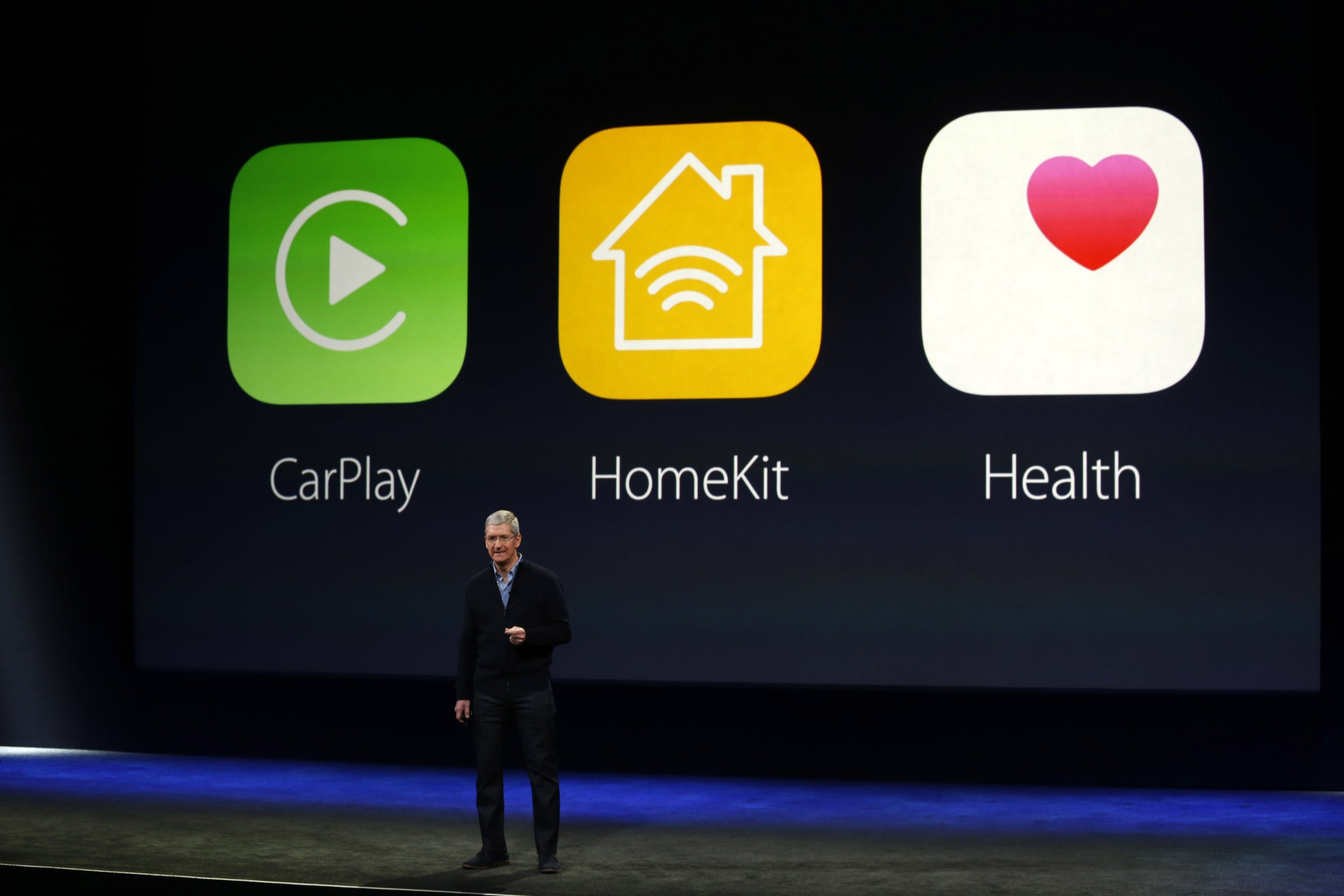
The biggest news at Monday’s Apple event was the launch of the much anticipated Apple Watch. But the company also announced a new type of software — ResearchKit — that it says will help medical researchers collect health data directly from patients via their various iDevices.
ResearchKit is a software “framework” that hospitals and other health care organizations can use to create diagnostic applications, said Jeff Williams, Apple’s senior VP of operations, at the watch event. An example: Williams demonstrated one app called mPower, designed to measure hand and voice tremors related to Parkinson’s disease.
“With the use of this technology, we feel there’s an unprecedented opportunity to gain insight into what it’s like to live with Parkinson’s 24 hours a day, seven days a week,” says Dr. Todd Sherer, CEO of the Michael J. Fox Foundation for Parkinson’s Research. The foundation collaborated with Sage Bionetworks to help develop the Parkinson’s app featured at Apple’s event. Fox’s foundation has also announced a new data-collection initiative, Fox Insight, which Sherer says his organization hopes to soon pair with the mPower app.
Sherer said identifying qualified patients for clinical trials and other research efforts is another potential benefit of this new technology. “Getting people to participate in clinic-based trials is a challenge for many disease researchers, including those studying Parkinson’s,” he says.
Apple’s Williams mentioned other applications — now available — that can help spot symptoms of diabetes, heart disease and asthma. Williams said these apps were developed with the help of Massachusetts General Hospital, Stanford University, the Dana-Farber Cancer Institute, and other equally august health care organizations.
Here's What the Newest Apple Watch Apps Look Like and Can Do
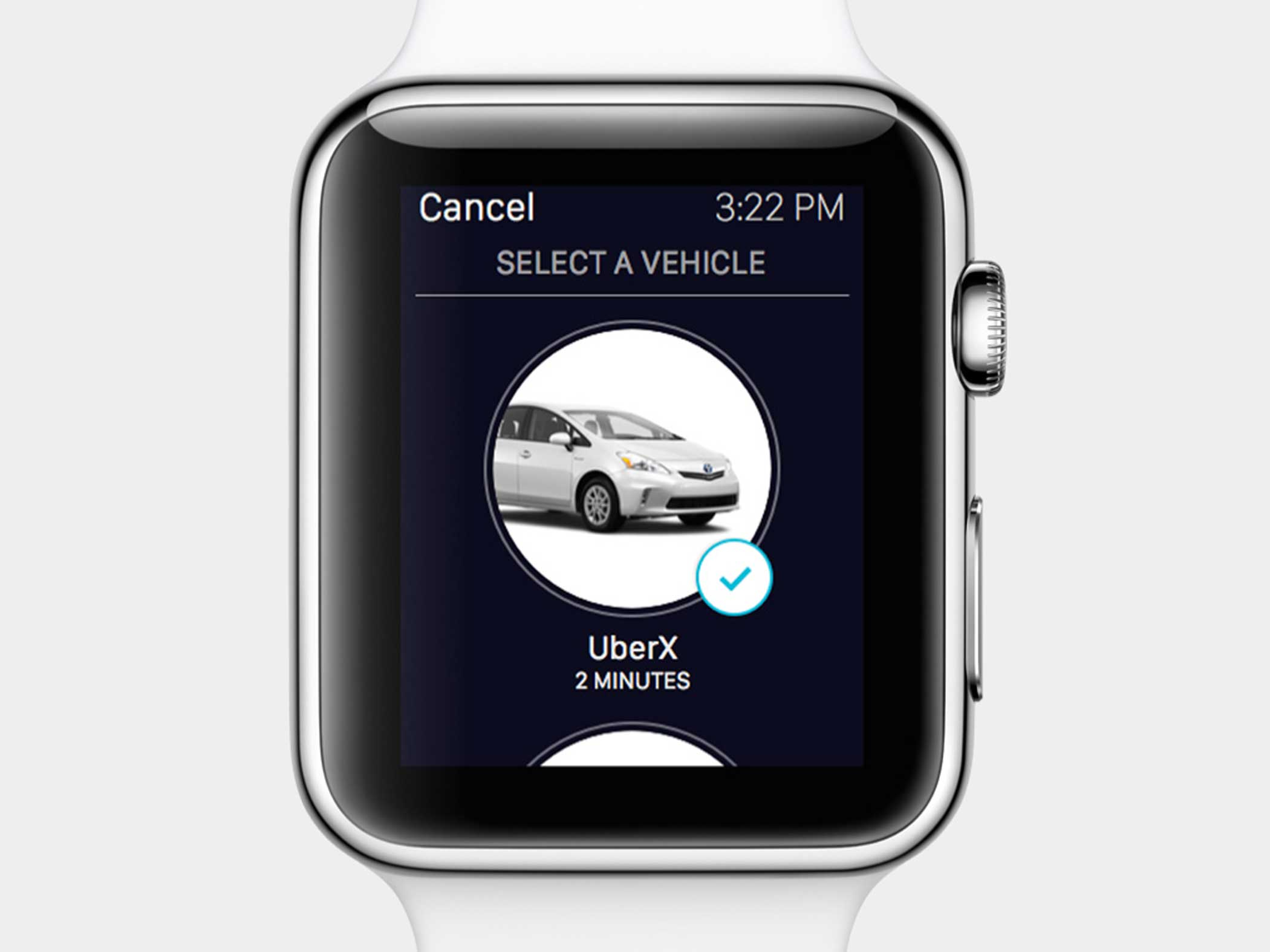
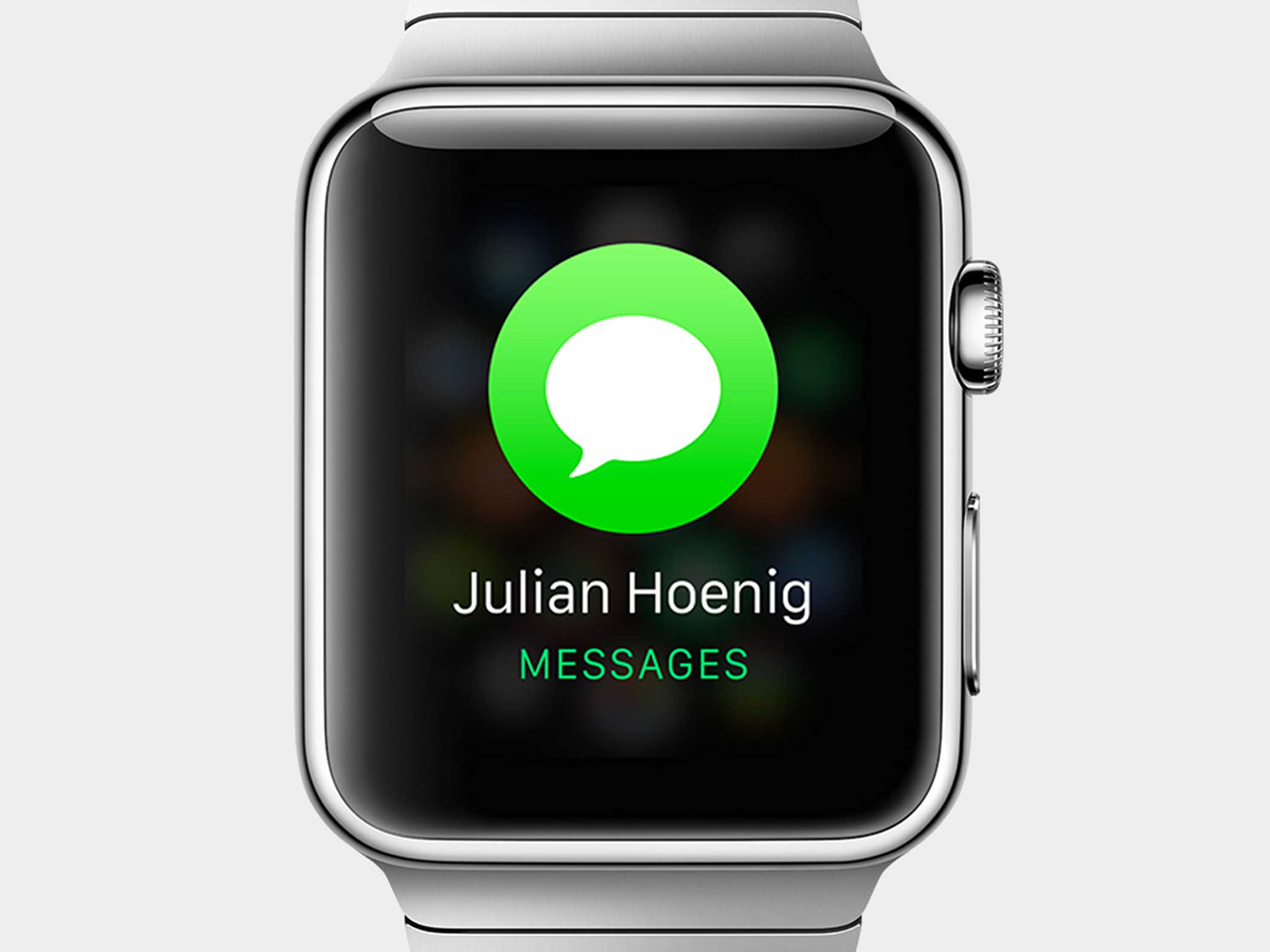
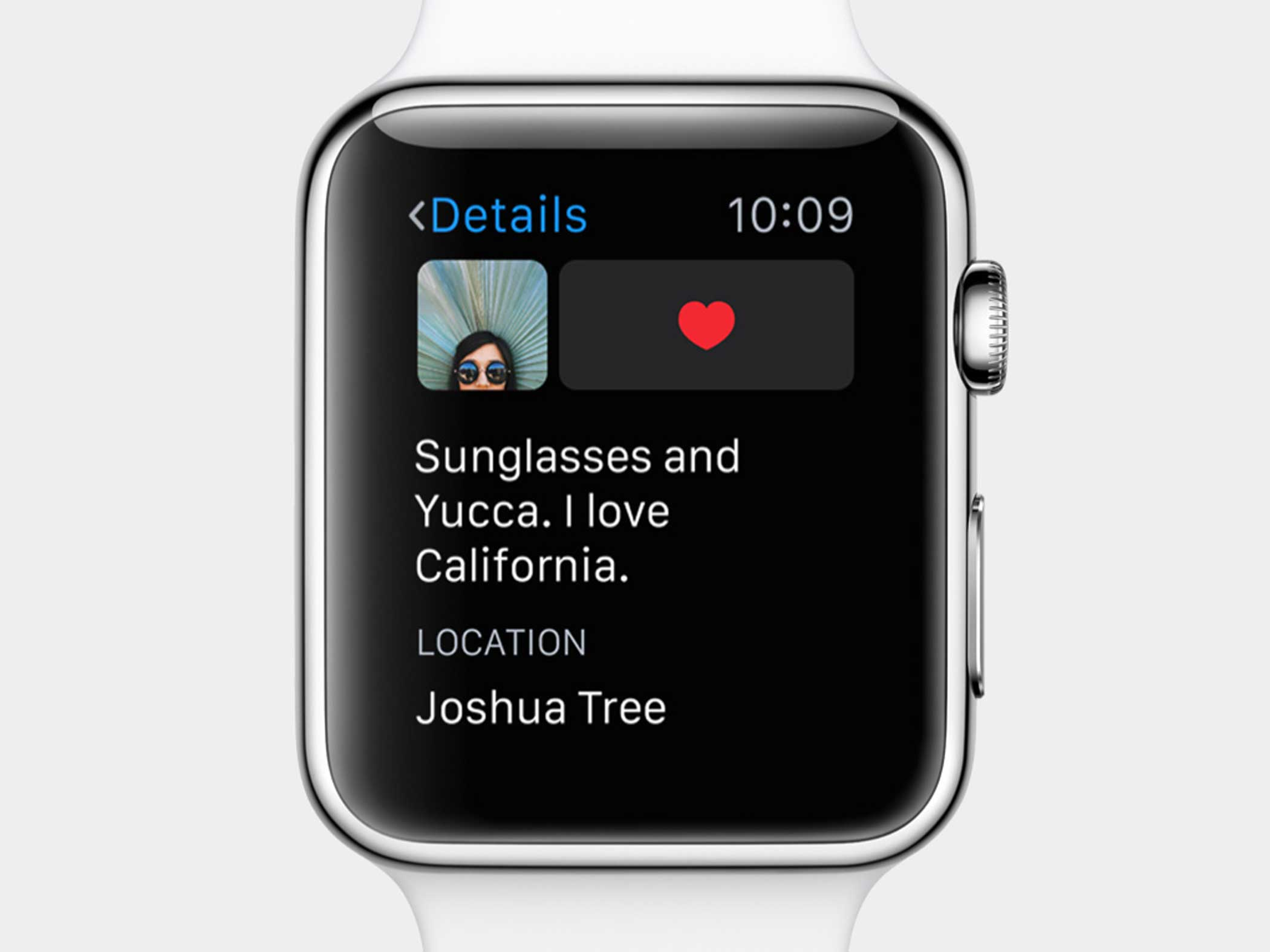
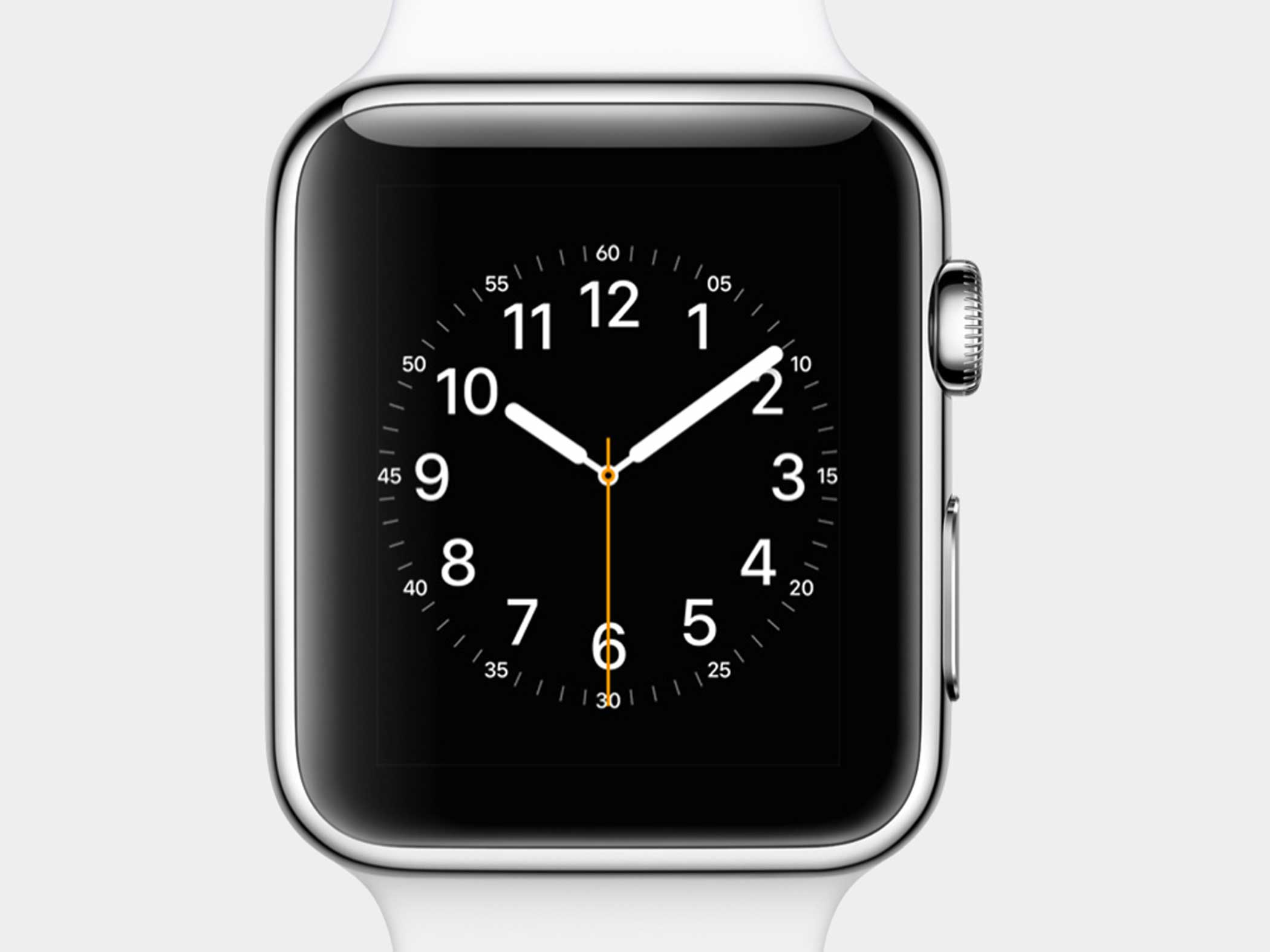
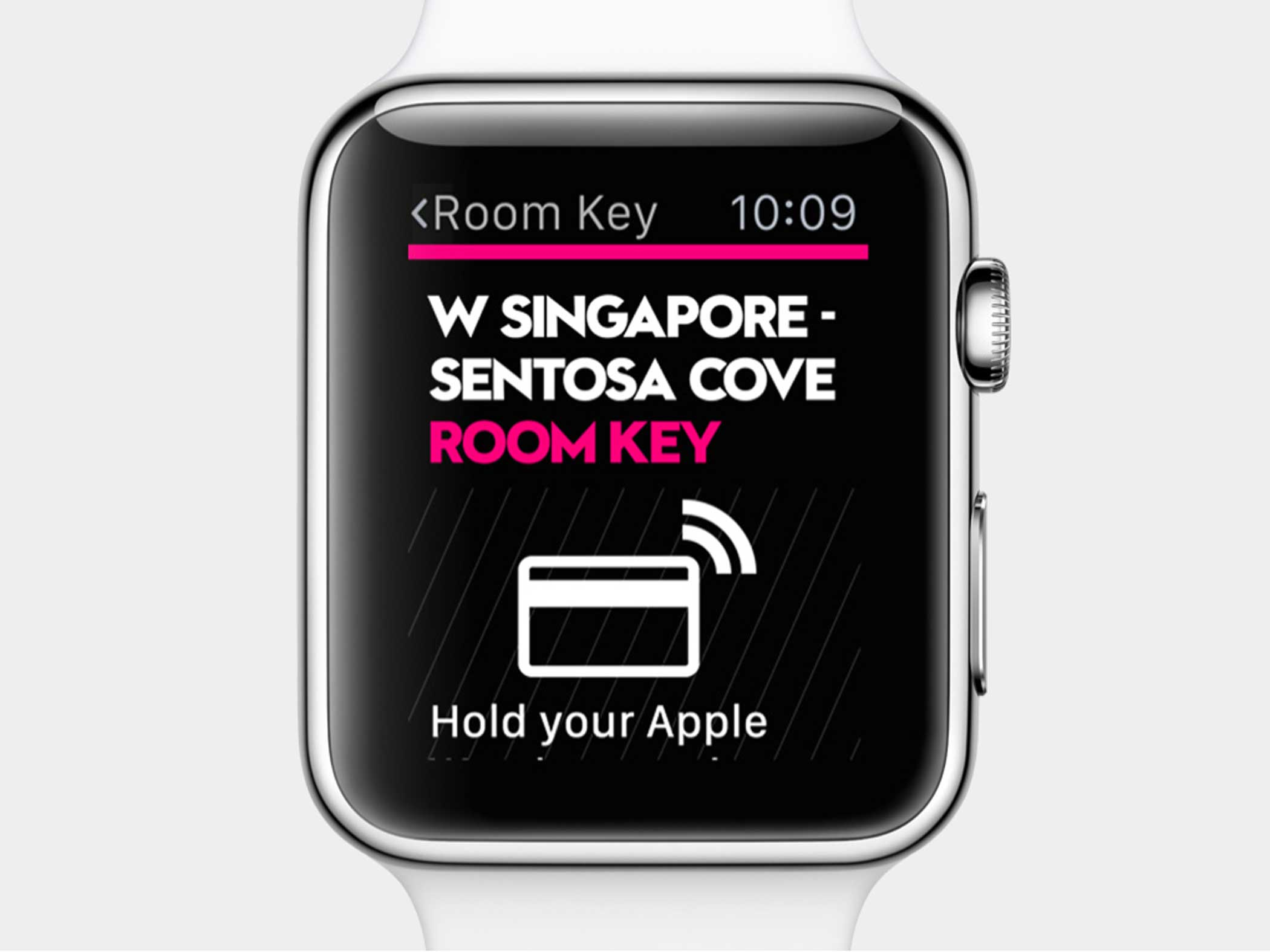
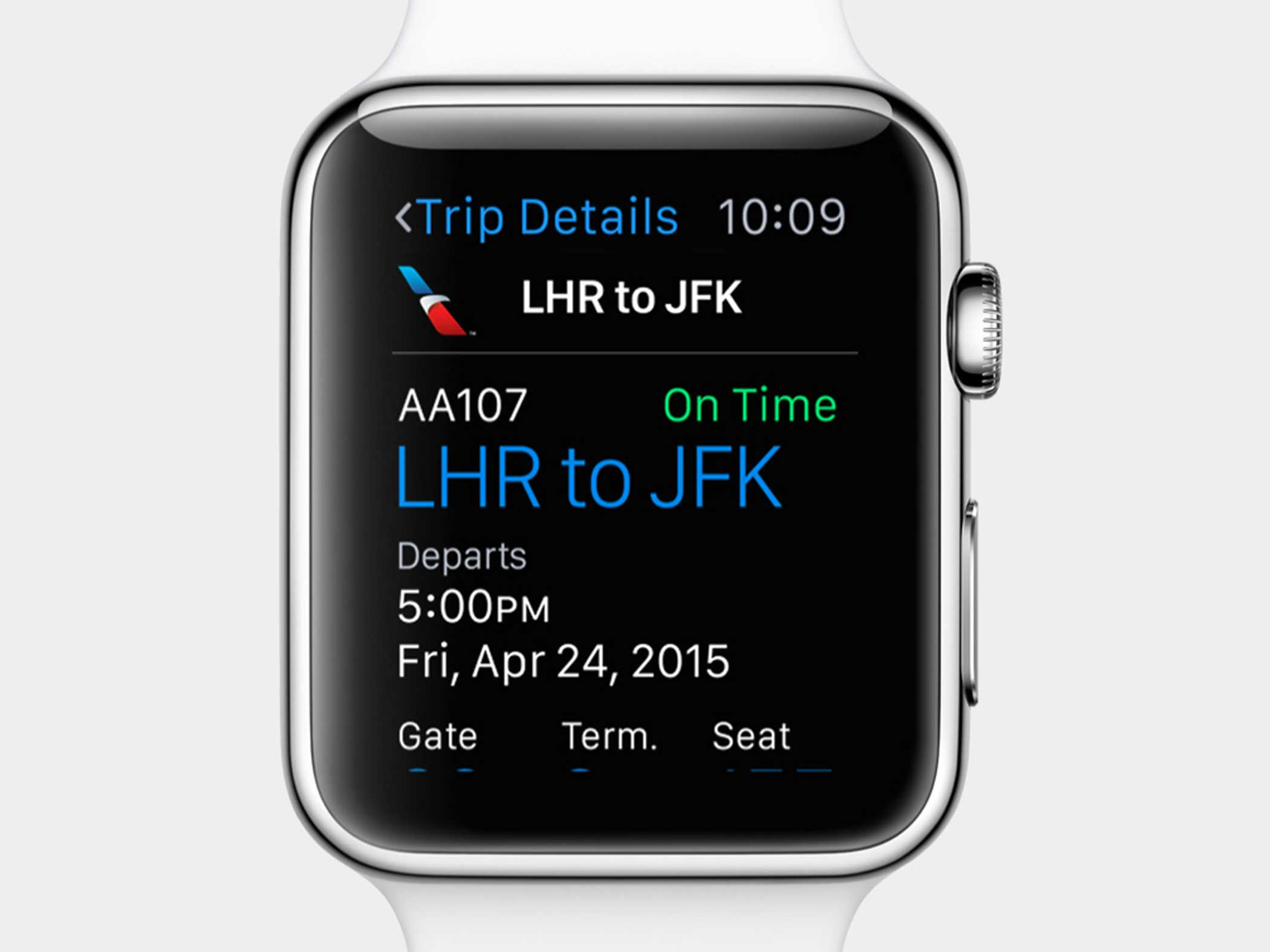
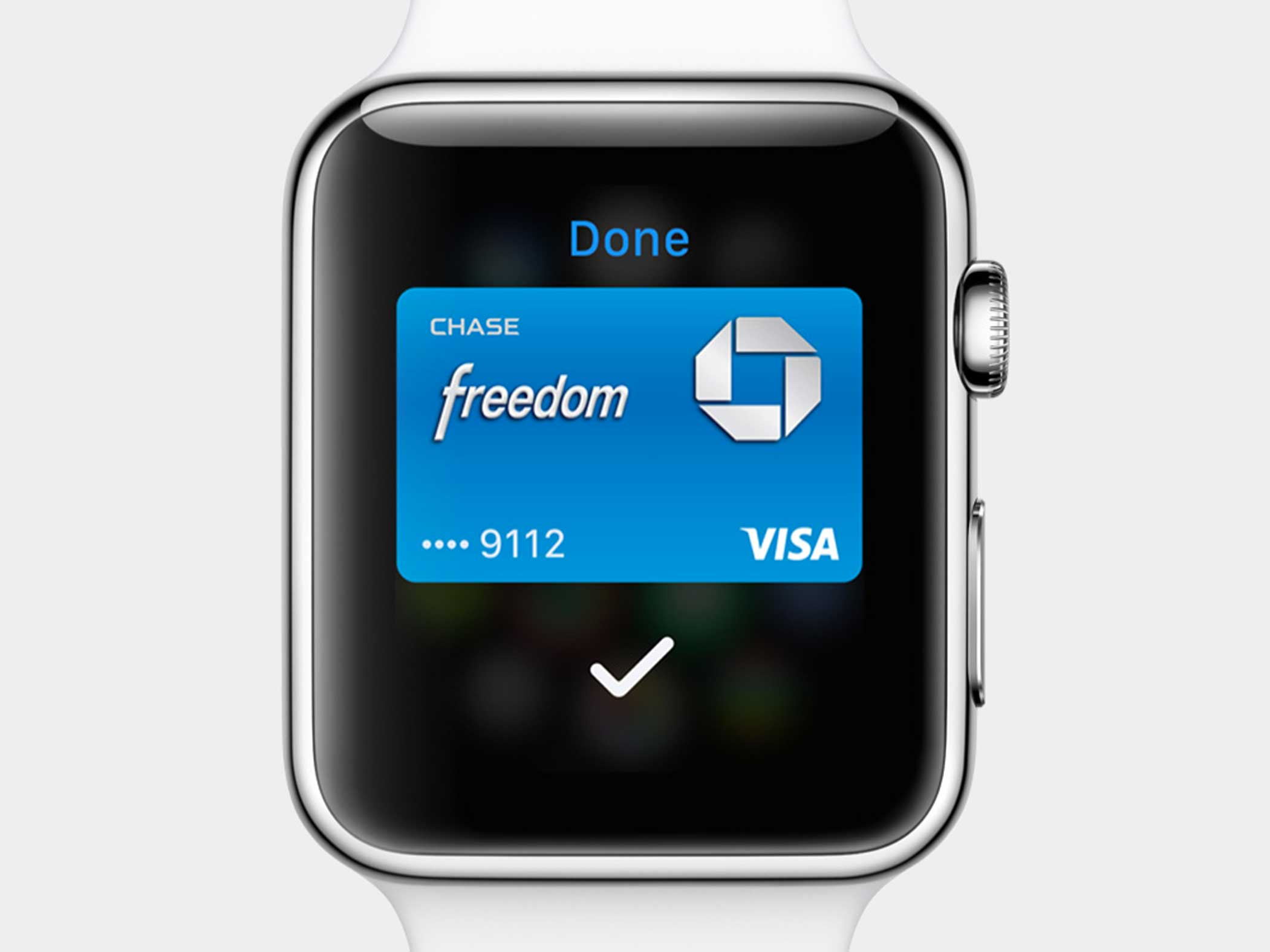
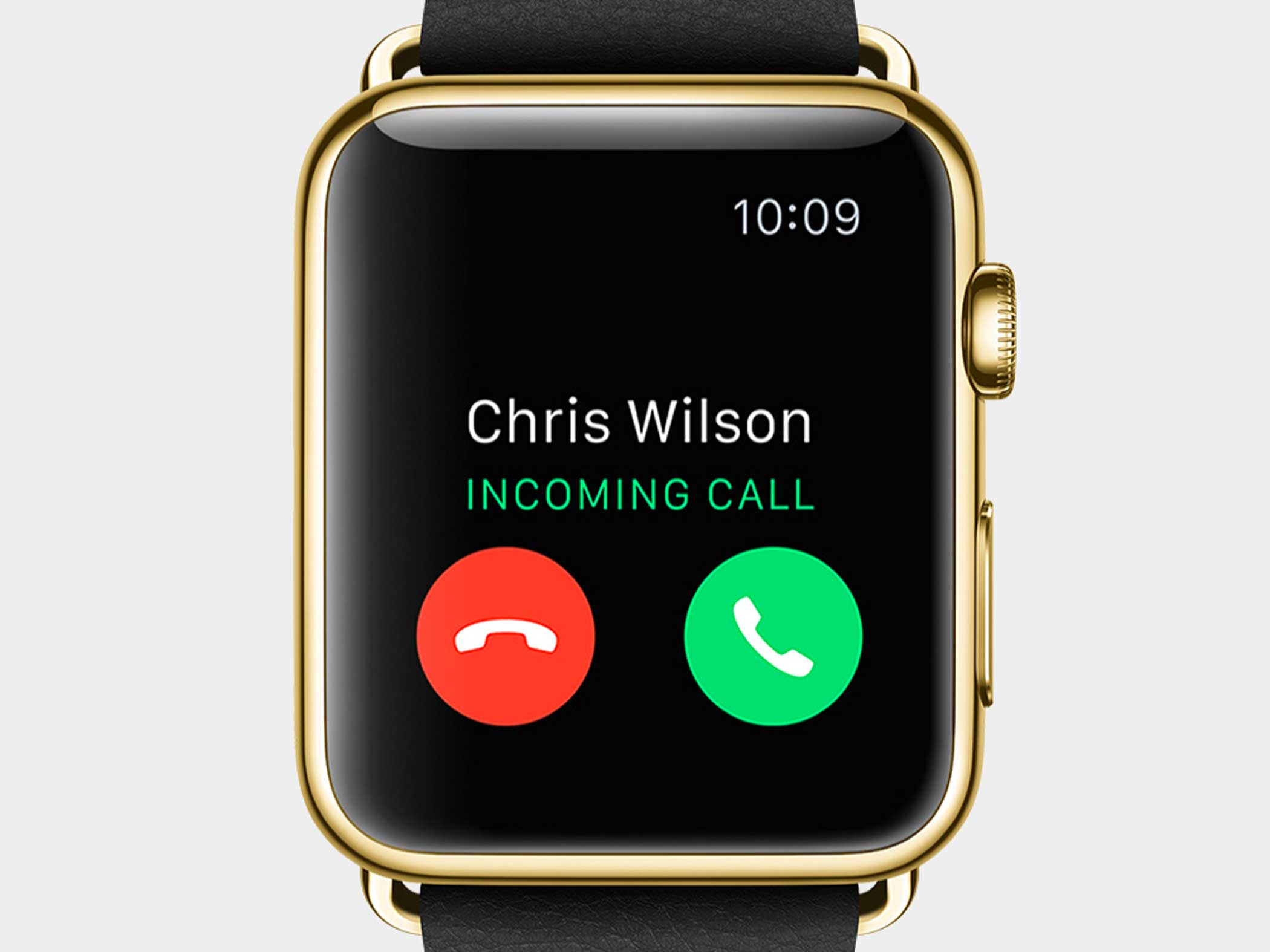
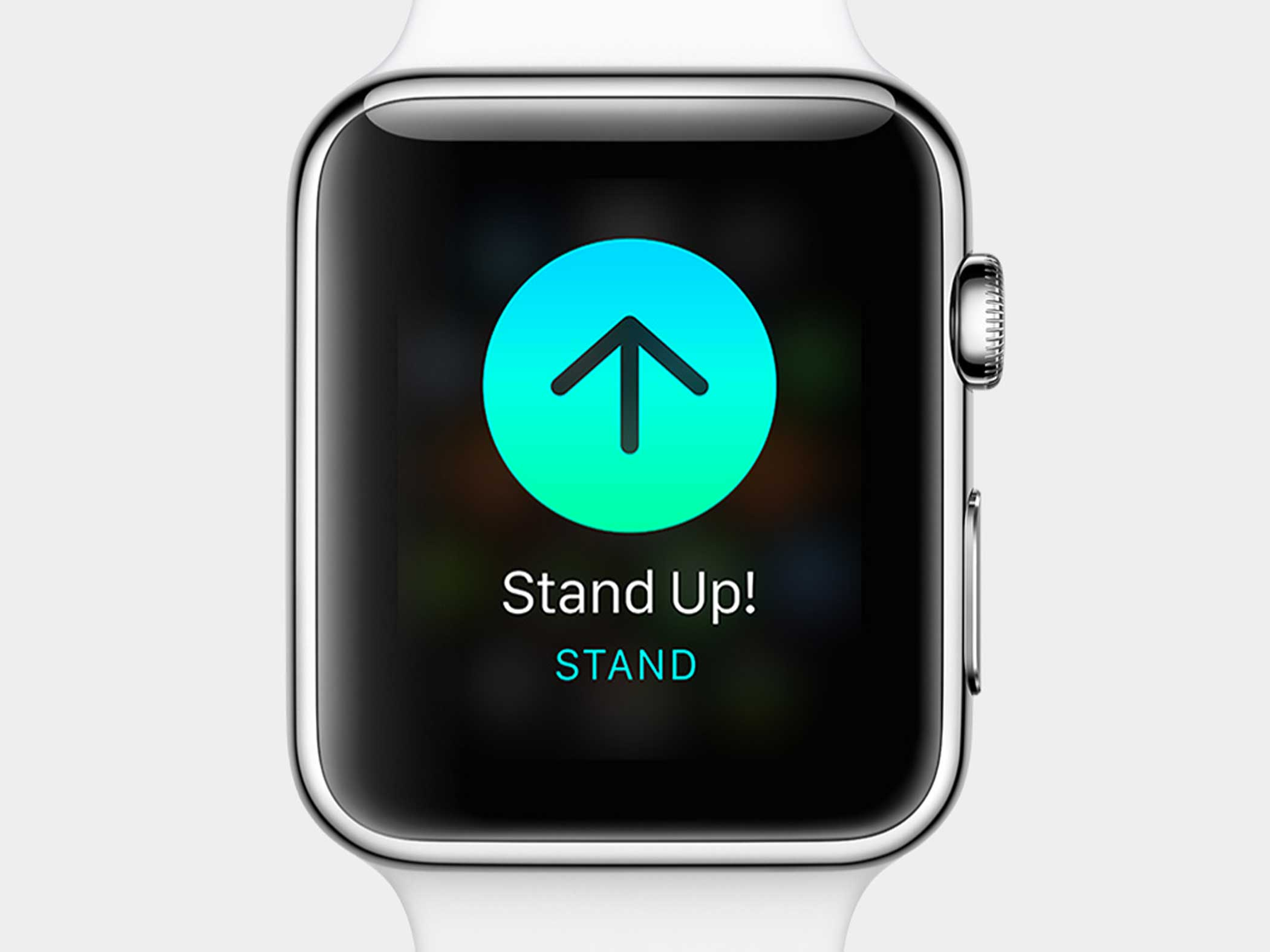
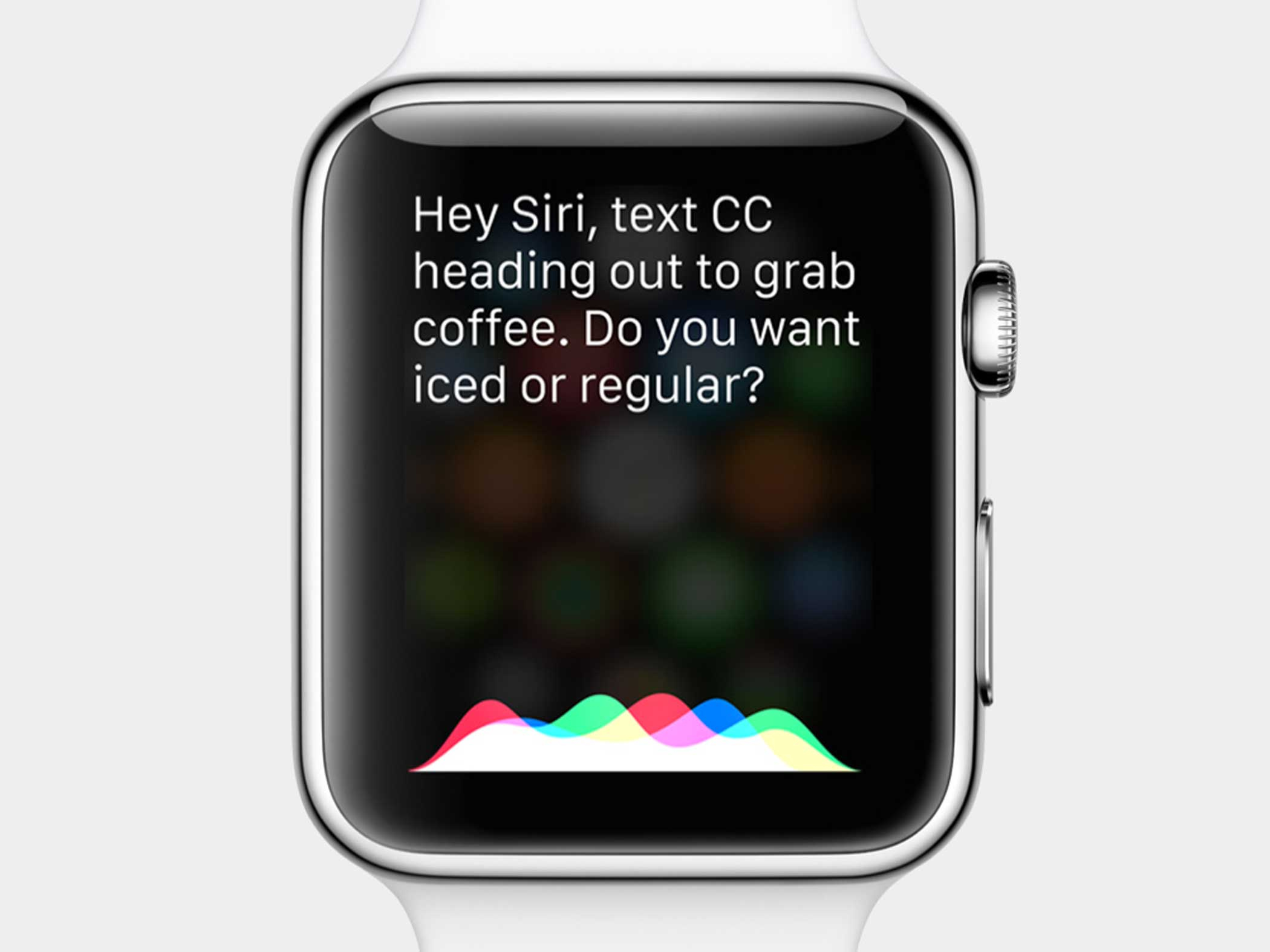
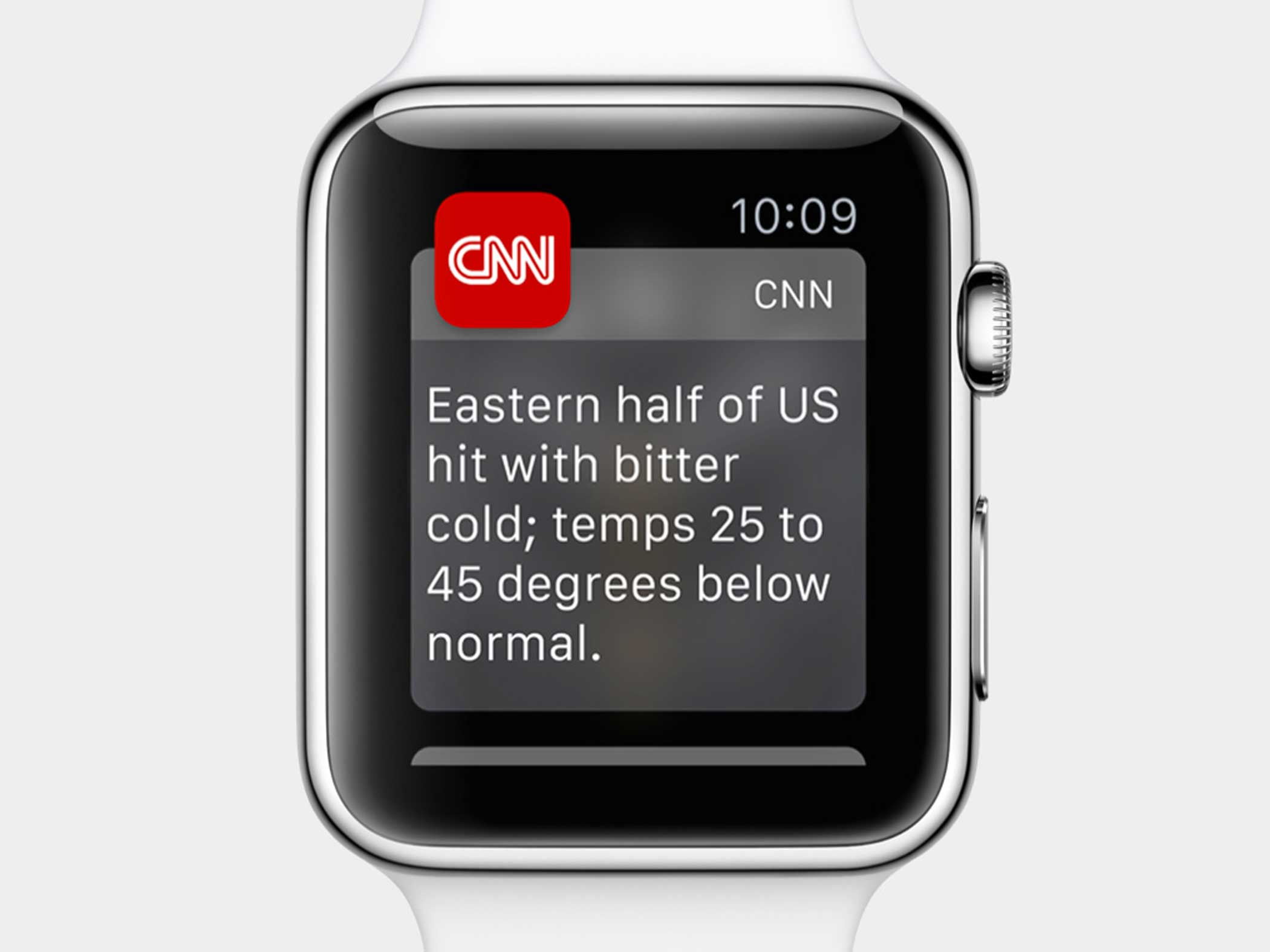
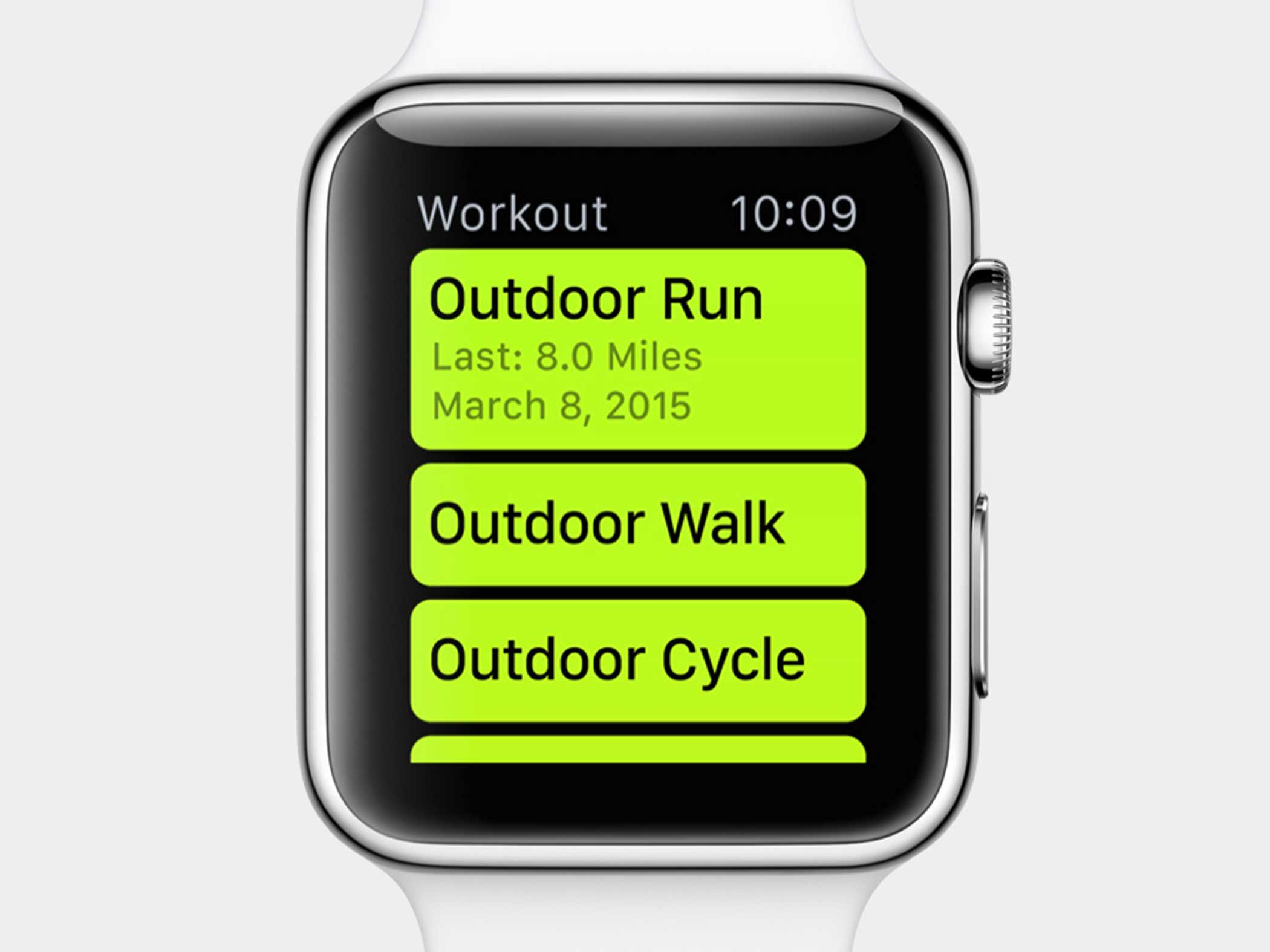
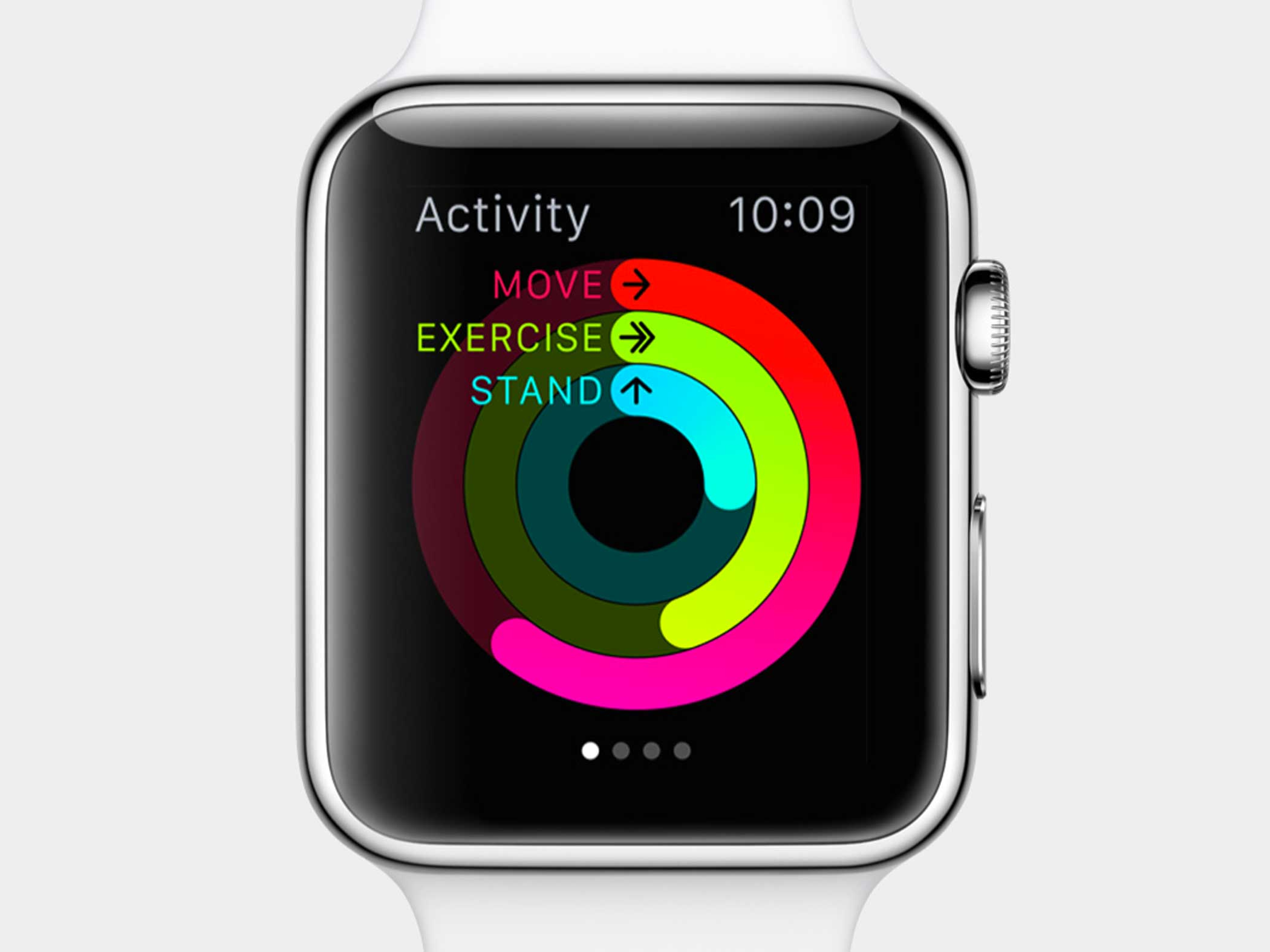
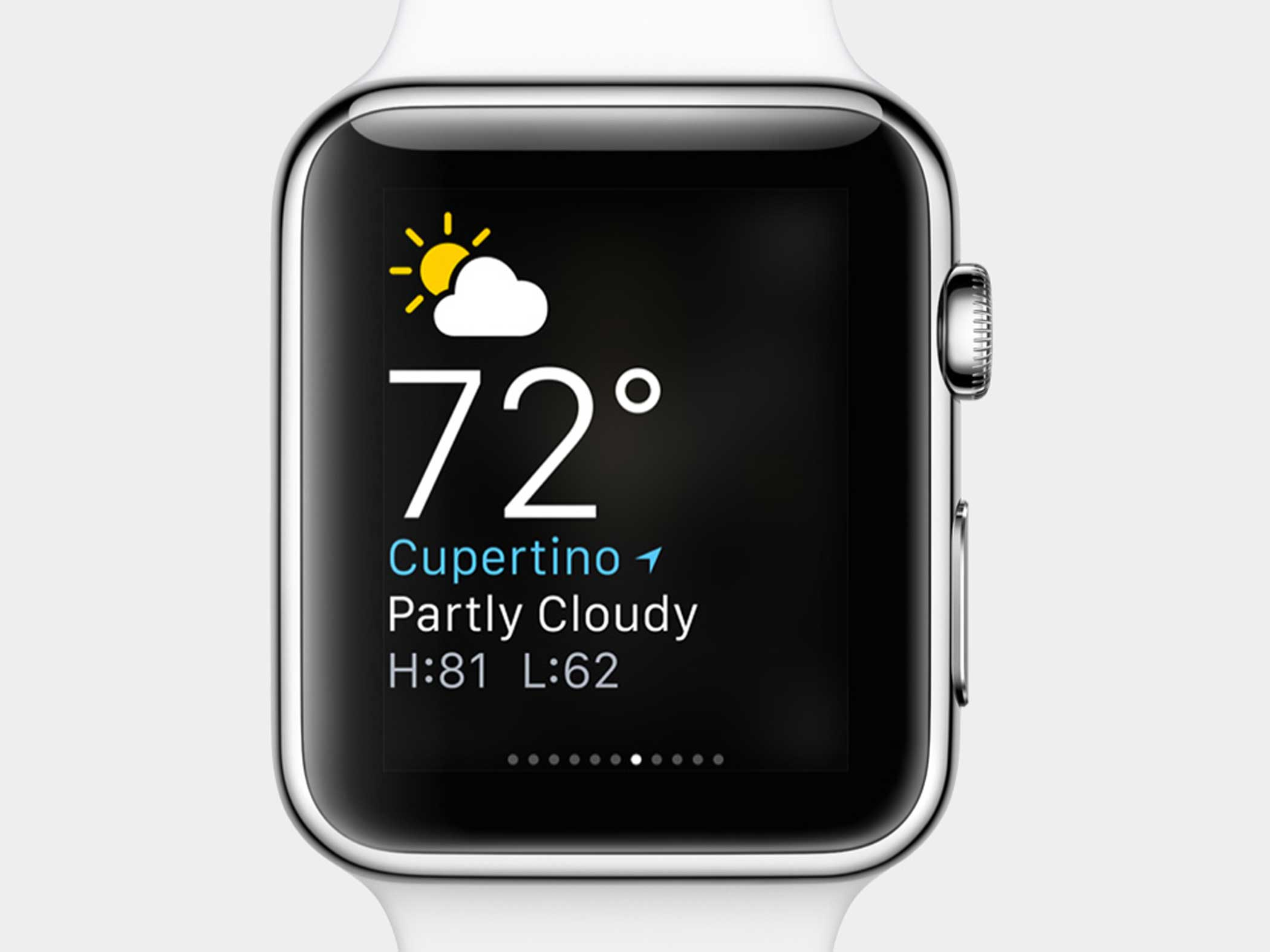
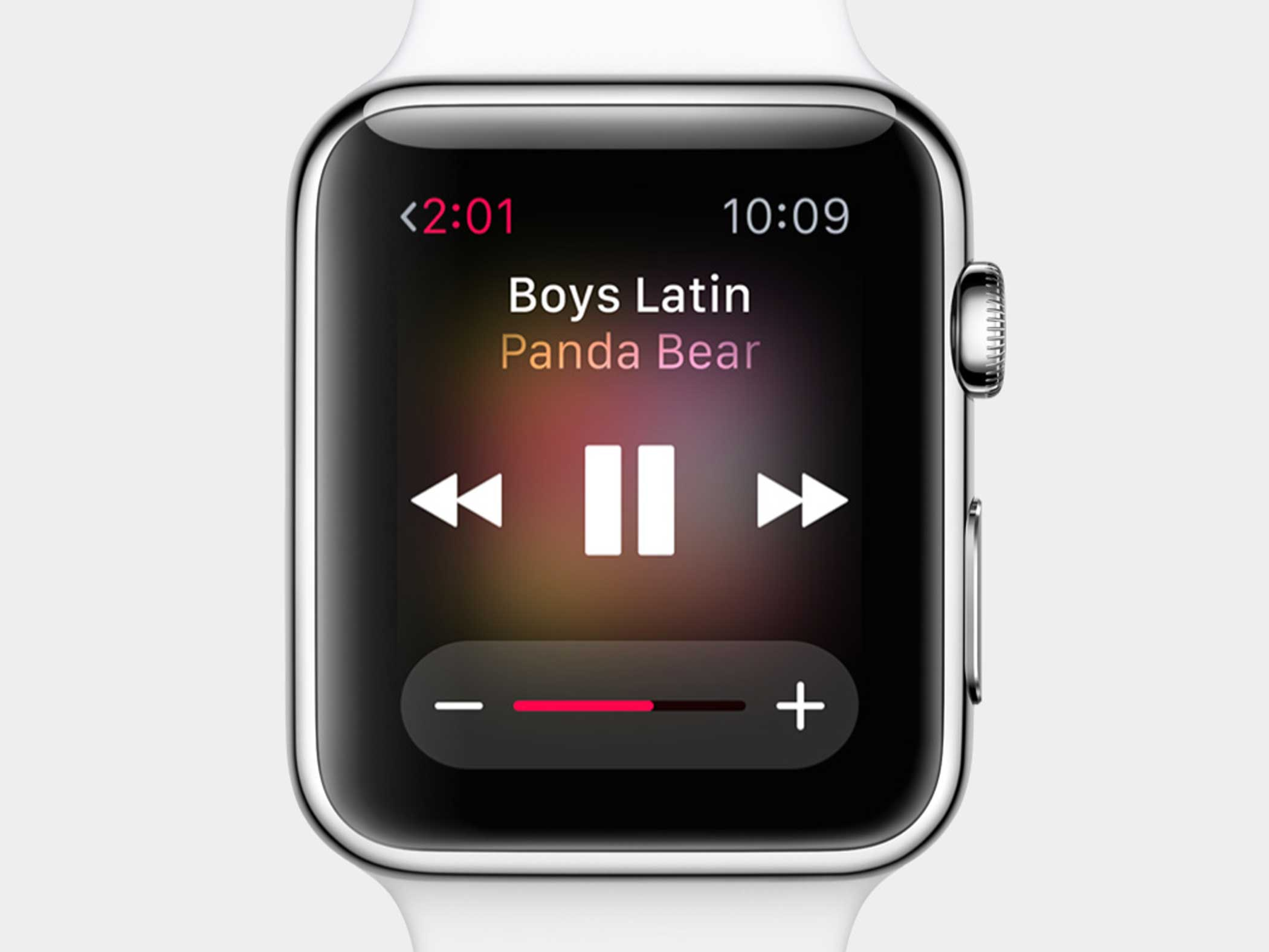
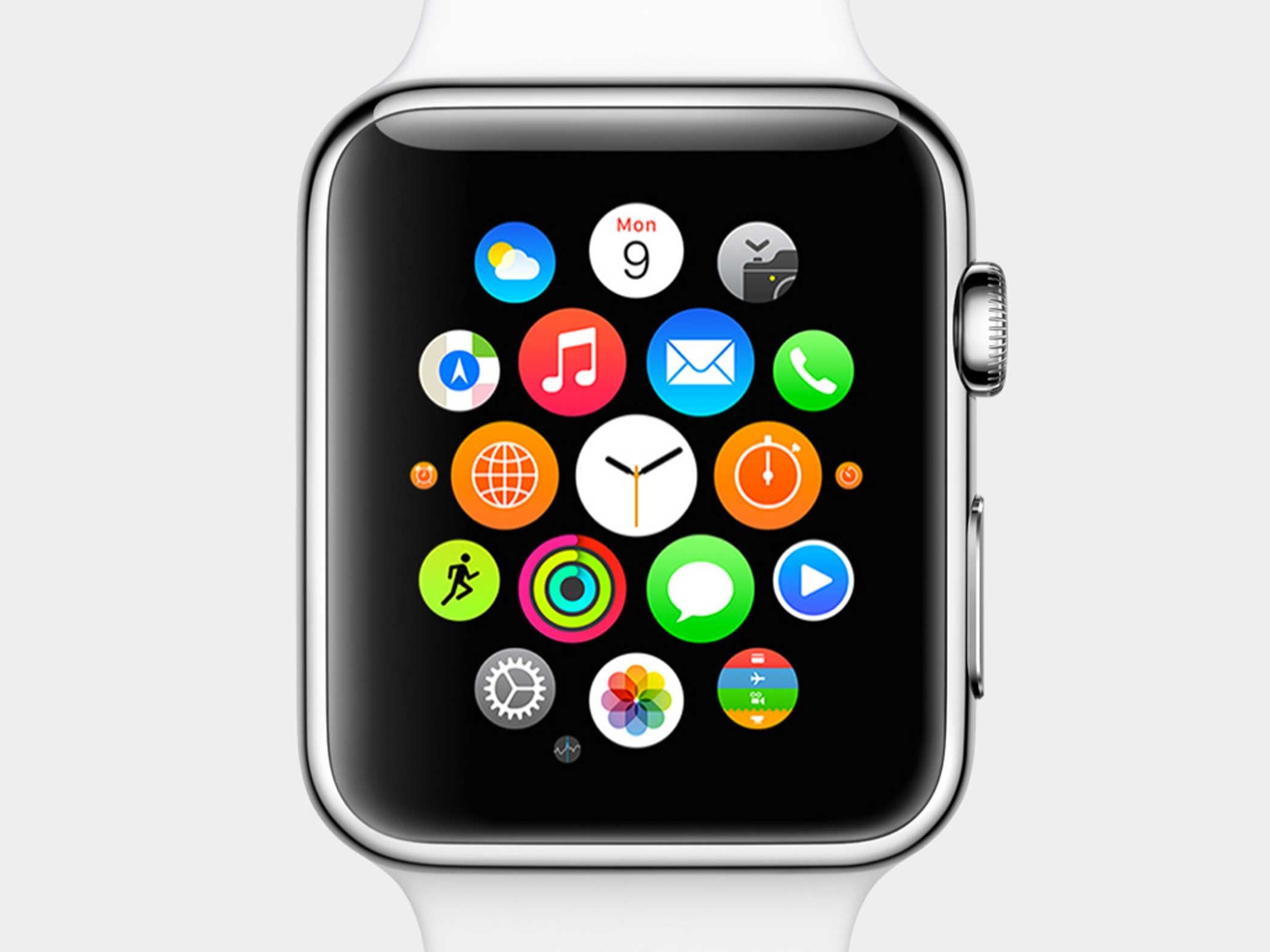
Apple’s Williams was adamant that any health information you share through ResearchKit will remain confidential. “You choose what studies you want to join, you are in control of what information you provide to which apps,” states information appearing on the Apple site.
While helping health care providers and researchers collect data and recruit qualified participants could lead to meaningful research advancements, some see reasons to be wary. “Two things concern me,” says Dr. David Ross Camidge, director of the Thoracic Oncology Clinical Program at the University of Colorado Cancer Center. For starters, big-name institutions may have more money and resources to develop these sorts of diagnostic apps, Camidge says. He worries patients may be directed away from the most-relevant or appropriate clinical trials to those that have the most funding behind them. “I certainly don’t know if that will be the case, but there seems like room for potential bias and commercialization,” he says.
Also, people tend to be lousy at self-reporting health-related information, Camidge says. A poorly designed app may generate misleading or contradictory patient data that could hinder instead of help the forward progress of some medical research. “I’m sure there are ways it will be very useful,” he adds. But he adds that some things are not so simplistic, cautioning that for conditions like cancer, Alzheimer’s and multiple sclerosis, he says, “There are some things you can’t figure out by someone tapping into an iPhone.”
More Must-Reads From TIME
- The 100 Most Influential People of 2024
- Coco Gauff Is Playing for Herself Now
- Scenes From Pro-Palestinian Encampments Across U.S. Universities
- 6 Compliments That Land Every Time
- If You're Dating Right Now , You're Brave: Column
- The AI That Could Heal a Divided Internet
- Fallout Is a Brilliant Model for the Future of Video Game Adaptations
- Want Weekly Recs on What to Watch, Read, and More? Sign Up for Worth Your Time
Contact us at letters@time.com